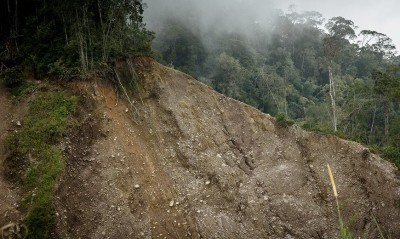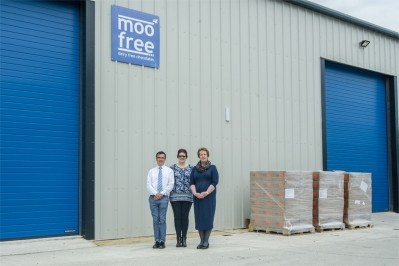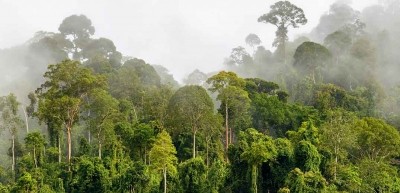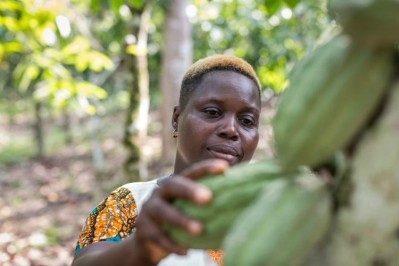Sustainability
Industry coalition calls for Ghana and Cote d’Ivoire to support cocoa farmers and protect forests
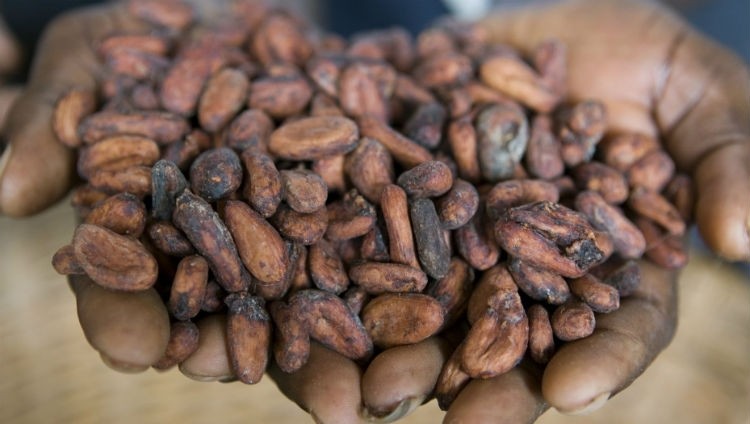
The signatories, which include an Ivorian research institute (INADES) and key coalitions such as the Ivorian Civil Society Convention (CSCI), the Ivorian Observatory on Sustainable Management of Natural Resources (OIREN), and the Coalition of Ivorian Human Rights Actors (RAIDH), specifically support the implementation of a Living Income Differential (LID) of $400 a tonne announced by the governments of Ghana and Côte d’Ivoire - but call for additional safeguards to ensure the new price provides income to cocoa farmers without incentivizing additional deforestation.
The letter echoes earlier calls for a well-managed floor price from civil society organizations in Ghana, Cameroon, and the EU and US.
In a separate statement, the German confectionery industry has also called for the new cocoa levy to go direct to farmers.
The joint declaration further highlights that these issues have taken on added urgency as the global coronavirus pandemic exacerbates poverty and disrupts the economy.
“Civil society is coming together to fight for sustainable cocoa,” said Amourlaye Touré, Mighty Earth’s West Africa representative. “A cocoa price floor is an important step, but the governments must now ensure that industry actually pays the mandated price and that the new funds raised from this initiative actually make it back to the cocoa farmers – many of whom are surviving on less than a dollar a day.”
Impoverished farmers
The joint statement from the NGOs stresses the importance of preventing possible diversions and says the revenue generated by the floor price must be managed transparently, with benefits accruing to impoverished farmers.
According to the World Bank, “Corruption and regulatory mismanagement of Ghana’s cocoa industry are hurting production and harming farmers, underlining the need for reform.” There are also allegations of corruption in Côte d’Ivoire's cocoa sector.
The new Joint Declaration challenges the Ivorian and Ghanaian governments to ensure the floor price does not trigger a wave of new deforestation in an already devastated landscape. Côte d’Ivoire and Ghana have had some of the historically highest rates of deforestation in the world. Both countries have lost approximately 90% of their forests since independence, with about one-third of that loss driven by cocoa.
“Typically, when a commodity price goes up, deforestation also goes up. The governments must act now to implement the joint monitoring mechanisms they promised to build in 2017 as part of the Cocoa and Forests Initiative,” said Touré.
Coronavirus
“The coronavirus pandemic has compounded existing problems – more farmers are going hungry and child labor is skyrocketing as the economic impacts worsen,” he said. ”We need a well-managed cocoa floor price to protect people’s livelihoods and consolidate the gains we have made in recent years for sustainable cocoa.”
